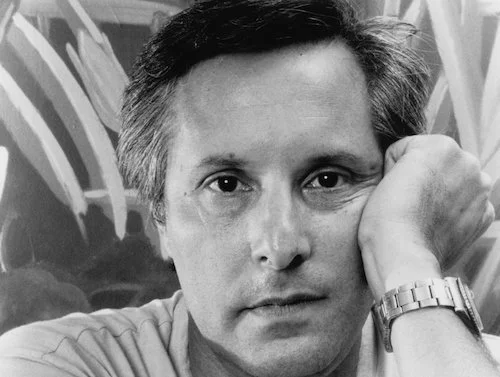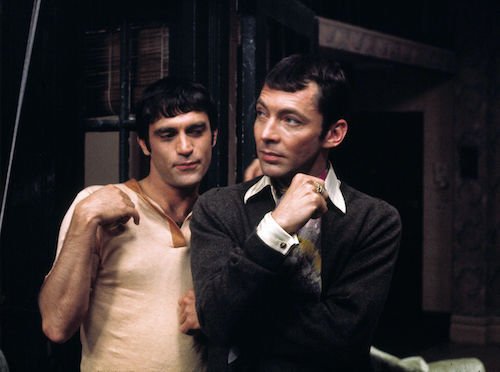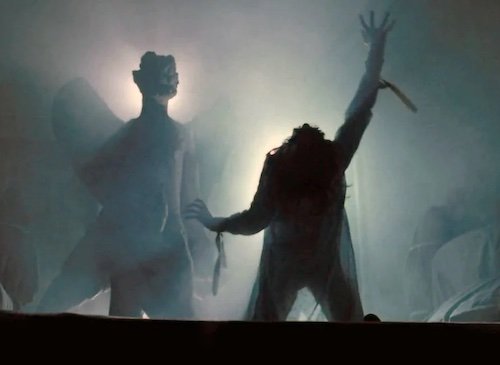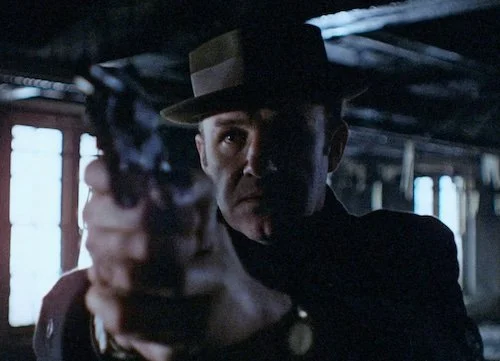William Friedkin: Five Films for Newcomers
Written by Andreas Babiolakis
Today we say a heavy-hearted farewell to William Friedkin: a pivotal voice during the New Hollywood movement in the seventies. His uncompromising art set the tone for many directors that followed in his path. From the fusion of different film movements to gritty, affective genre films, Friedkin’s filmography boasts statement after statement. While not every experiment landed quite as well as he would have hoped, enough of Friedkin’s oeuvre resonates as game-changing works that were either impactful upon release or beloved as time revealed their brilliance. We lost a titan today: an unmatched auteur that is likely your favourite director’s favourite director. To honour him, let us look at a curated selection of some of his best releases. Here are five films for newcomers to the works of William Friedkin.
5. Sorcerer
This apparent remake of the masterpiece The Wages of Fear (more like the second adaptation of Georges Arnaud’s novel of the same name) was initially considered a pitfall for Friedkin when it was first released, maybe because of its eccentricities (including the electronic score by kosmische legends Tangerine Dream). Now it remains Friedkin’s cult classic that has been championed by some of cinema’s biggest obsessors of stylized filmmaking, including Quentin Tarantino and Stephen King. While Friedkin did have some duds in his filmography, let us no longer blame the haunting, intense underdog Sorcerer for the death of his best era.
4. To Live and Die in L.A.
Regardless of what film actually sparked Friedkin’s drought, many agree that To Live and Die in L.A. is the film that brought him back into the limelight. If Sorcerer and its rich visuals and electronic score told us anything, it’s that Friedkin was going to have at least one hit in the eighties that were then just around the corner. To Live and Die in L.A. is vibrant yet frigid, thrilling yet brooding, and both alive and dead at the same time. Its anxious nature will have you second-guessing and full of dread the entire picture. It is yet another terrific entry under the neo-noir umbrella and a reminder of how commanding Friedkin could still be whenever he wanted.
3. The Boys in the Band
Friedkin’s first masterwork is the Queer classic The Boys in the Band: a faithful adaptation of the Mart Crowley Off-Broadway production (Crowley wrote the screenplay here, and the entire cast of the play star in this adaptation as well). A fun night turns into a heavy affair as a party gets wrapped up in resentment, guilt, grief, trauma, and the weight of society’s bigotry in this dazzling feature film. Like most things Friedkin, The Boys in the Band was quite ahead of its time as it detailed the thoughts and concerns of a community, all while featuring a mainly gay cast to tell this story as it always should have been told: with authenticity.
2. The Exorcist
It may be hip to still solely consider The Exorcist amongst the best horror films of all time, but I also think this is a slight disservice to how monumental Friedkin’s film is in so many ways. It is a technical marvel, an obsidian study of faith in America during a cultural and religious shift, and a scrutinizing study of characters. Most of the sequels and inspired films that followed miss these elements. Friedkin wasn’t just setting out to disturb us with this tale of possession: he had something to say and figured out new ways to say it. That’s what makes The Exorcist so horrifying. It feels real, important, and as though it pertains directly to us; we can lose our safety net of faith at any Godless moment; we can lose our sanity and control of ourselves; there can be a time when we no longer have what makes us ourselves or our connections with our spirituality, and that can be a damning, horrifying thing during times of turmoil. Combine these mentalities with miraculous effects work and sensational acting, and you have a film that will terrify you forever.
1. The French Connection
While I do think The Exorcist is Friedkin’s magnum opus, if you want to get to know the director in a more direct way, you must start with his Academy Award-winning film, The French Connection. A magnificent blend of the rise of New Hollywood and the ripple effects of the French New Wave movement, this unorthodox trip into the underbelly of New York City (and, effectively, the world). Cops are corrupt (and Popeye Doyle is as unbefitting to yield authority as anyone ever was). Crime also has its classes, from the kinds that make people profitable for life to the kinds that condemn entire societies onto the streets as they fight for survival. The French Connection is a particularly hideous cinematic experience, one that has zero sugar-coating (especially with its frantic editing and choppy nature) and a lack of joy to undersell how bad things can be. After decades of sanitary filmmaking, something like The French Connection stands out as raw and visceral, and a majority of the film’s success comes from a then-budding director named William Friedkin who felt as though he had nothing to lose.
Andreas Babiolakis has a Masters degree in Film and Photography Preservation and Collections Management from Ryerson University, as well as a Bachelors degree in Cinema Studies from York University. His favourite times of year are the Criterion Collection flash sales and the annual Toronto International Film Festival.








